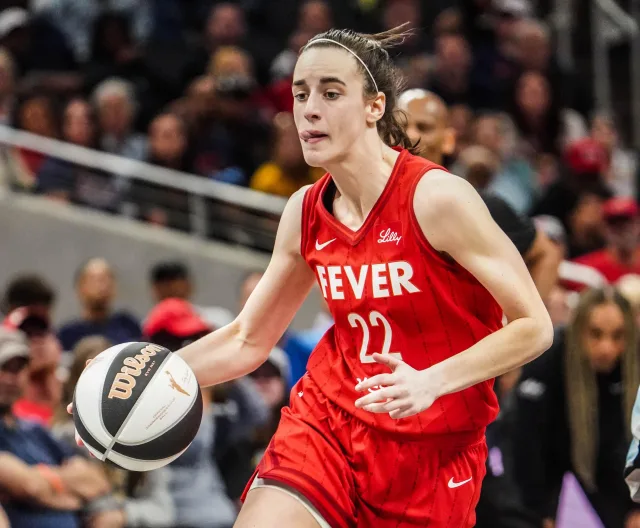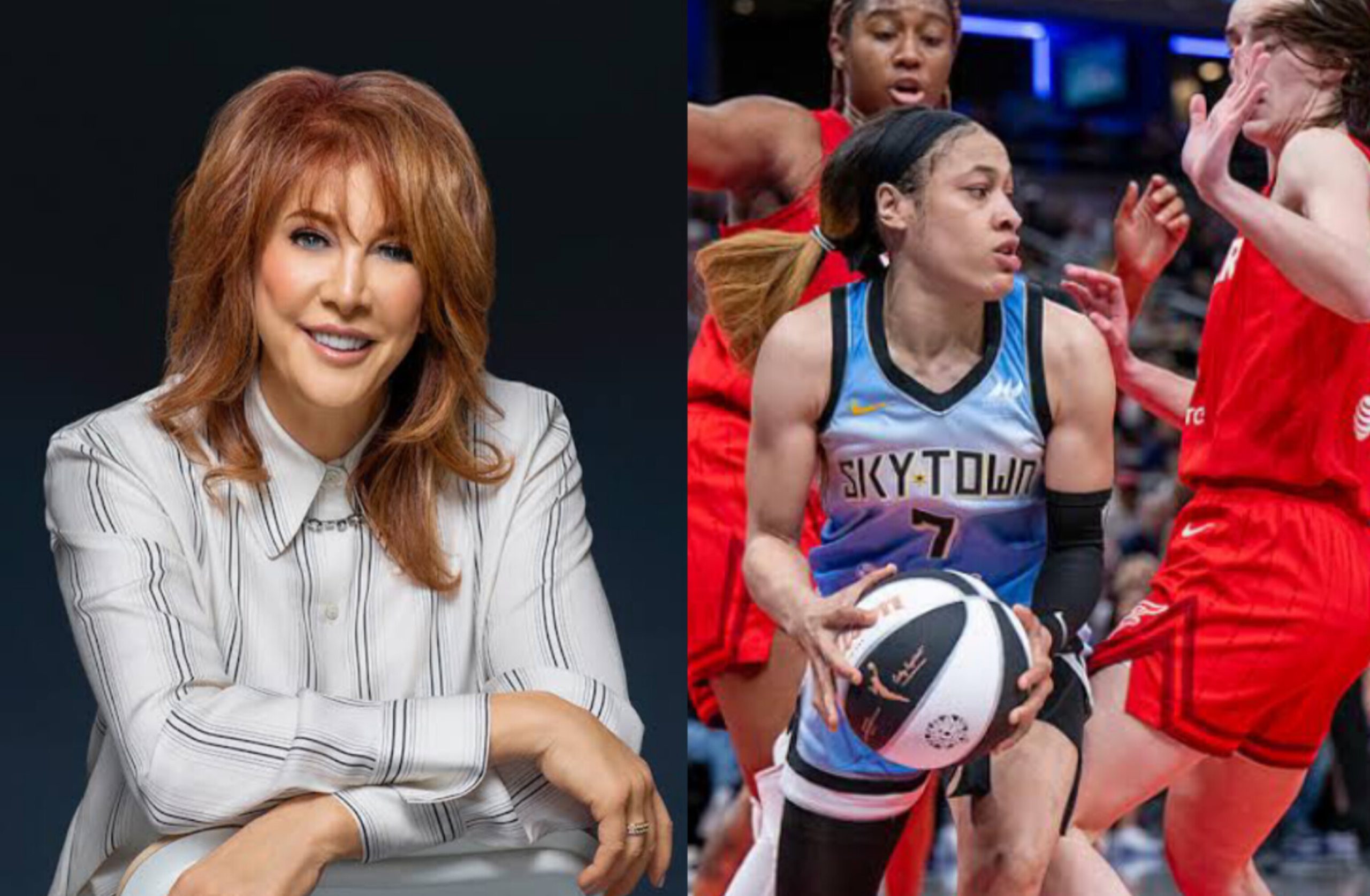The ongoing saga between Chennedy Carter and Caitlin Clark has taken another turn with Carter responding to Hall of Famer Nancy Lieberman’s recent comments. Lieberman had made headlines with her fiery remarks about what she would have done if she were in Clark’s position, suggesting a physical retaliation against Carter. In response, Carter issued a pointed reply, further stoking the flames of this heated exchange.
“With all due respect, you are too full of yourself. You need to come out of that, else…” Carter replied, addressing Lieberman’s blunt comments on the matter. Carter’s response hints at a broader issue of respect and professionalism within the sport, suggesting that Lieberman’s aggressive approach may not be the best way to handle such situations.

Carter’s reply underscores the tension that exists not only on the court but also in the discourse surrounding the game. While Lieberman’s remarks reflect a bygone era of physical retribution and hard-nosed basketball, Carter’s retort suggests a shift towards a more measured approach, albeit still marked by its own brand of defiance.
The controversy began when Carter fouled Clark during a game between the Chicago Sky and the Indiana Fever. The foul, deemed a flagrant 1, attracted significant attention and criticism, particularly after Carter declined to address it in a postgame press conference. Instead, she took to social media to downplay Clark’s skills, which further inflamed the situation.
Lieberman’s response on Run It Back on FanDuel TV was characteristically blunt. She suggested that Clark should have physically retaliated against Carter, reflecting Lieberman’s own combative playing style. “If I were Caitlin Clark, I would’ve punched her in the face,” Lieberman said. “I’m from New York, and I would have told her to, ‘(expletive) off.’ That would actually cure the problem.”
Carter’s rebuttal is significant not just for its content but also for its context. By calling out Lieberman’s perceived arrogance, Carter is highlighting a generational divide in how players handle conflicts. Her comment suggests that the game has evolved and that respect and professionalism should be at the forefront of how players conduct themselves.

This exchange between Carter and Lieberman brings to light the ongoing evolution of the WNBA and its players. The league is growing, and with it, the expectations of conduct and professionalism are also changing. While physicality and intensity remain integral parts of the game, the way players handle disputes and respond to criticism is increasingly under scrutiny.
As Carter continues to navigate her career, her response to Lieberman may set a precedent for how younger players handle public criticism from former players and commentators. This incident also provides a broader commentary on the nature of sports media and the role of former athletes in shaping current player narratives.
Caitlin Clark, who is averaging 15.6 points, 6.4 assists, and 5.1 rebounds per game, is at the center of this controversy but has remained relatively quiet amid the back-and-forth. The focus now shifts to how she and her team will respond on the court, particularly in their upcoming game against the Washington Mystics.
As the season progresses, this incident will likely remain a talking point, reflecting broader themes of respect, professionalism, and the evolving nature of player conduct in the WNBA. Both Carter’s and Lieberman’s comments provide insight into the passionate and often contentious world of professional basketball, where the battles extend beyond the court and into the realm of public opinion and media discourse.




